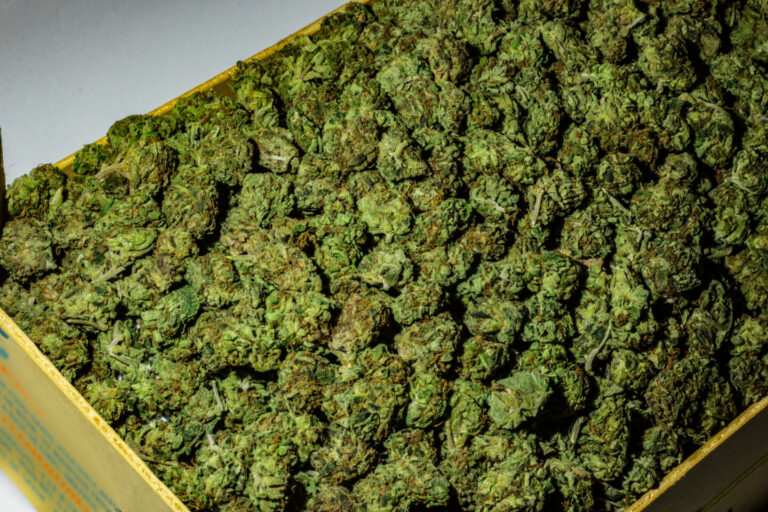The marijuana trade is thriving in Colombia. The South American country announced last month that its cannabis exports increased 96% between November 2022 and January.
“The amount was US$8.4 million, thanks to the sales of 13 companies from five departments to 14 countries. Argentina, Brazil, Australia, Switzerland, Israel, the United States and Germany were the main buyers,” ProColombia, a government agency overseeing exports and tourism, said in an analysis released on January 26.
Carmen Caballero, the president of ProColombia, said that “58% of these exports were destined for Latin America and the Caribbean.”
“It is a sector that has significant potential in generating quality employment, especially for women, in different regions of the country. Likewise, cannabis value-added goods have stood out for their quality and innovation,” Caballero said.
The agency said that the $8.4 million worth of exports came from the following regions in Colombia: Bogotá (48%), Cundinamarca (30%), Antioquia (12%), Santander (8%) and Magdalena (2%).
In addition, ProColombia noted that “nine of the 51 participating companies are located in eight municipalities [Nemocón, Cajicá, Rionegro, Ubaté, Pitalito, Mosquera, Tocancipá and Pasca] with less than 200,000 inhabitants, which is part of the Government’s strategy to generate development by strengthening the business fabric in the regions.”
“Likewise, last year, more than 90% of Colombian cannabis exports originated from the departments of Bogotá, Cundinamarca and Antioquia; however, 12 departments are identified (Antioquia – Bolívar – Boyacá – Cauca – Cundinamarca – Huila – Magdalena – Meta – Risaralda – Santander – Tolima – Valle del Cauca) with high export potential for this type of product,” the analysis said.
The cannabis was produced by 13 countries, according to ProColombia, with the exports reaching a total of 14 countries, including: Argentina (40%), Brazil (14%), Australia (12%), Switzerland (7%), Israel (6.5%), the United States (6%) and Germany (5.5%).
According to the agency, the “most sought-after goods abroad were extracts, medicines and seeds.”
“It is worth noting that in November 2022 the second Medicinal and Industrial Cannabis Business Roundtable was held, organized by the Ministry of Commerce, Industry and Tourism and ProColombia, with the support of Asocolcanna. At the meeting, 250 business appointments were held with 21 international buyers from 10 countries and 51 small and medium-sized companies, with a Colombian offer that ranges from extracts to finished pharmaceutical or cosmetic products,” the agency said last month.
With its warm and hospitable climate, Colombia is bullish on the long term prospects of its cannabis cultivation.
“The country has a stable regulatory framework and is one of the most complete internationally, since it includes measures ranging from seed, cultivation, transformation, generation of added value and safe access by patients,” the agency said in the analysis last month, noting that the “environmental and geographical conditions of Colombia allow it to have 4 harvests a year in three different cultivation modalities (open sky, open sky with semi-automatic irrigation and indoor with light and irrigation)” and that “the country’s geographical position allows it to have 12 hours of solar radiation during the 365 days of the year, thus maximizing crop yields and reducing production costs.”
“Likewise, it is an industry that enables the scientific and technological development of Colombia, intensive in R+D+i, which allows the development of research centers,” ProColombia added. “It is also added that Colombia has a wide range of products: seeds, crude extracts, distillates, isolates, finished products such as phytotherapeutics and cosmetics. All this, complying with high quality standards, which enables insertion into global value chains.”
In December, members of the Colombian senate passed an amendment legalizing cannabis.
